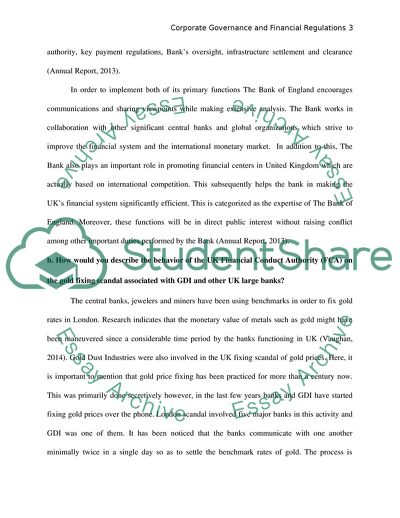Cite this document
(Corporate governance and financial regulation Essay, n.d.)
Corporate governance and financial regulation Essay. https://studentshare.org/finance-accounting/1827329-corporate-governance-and-financial-regulation
Corporate governance and financial regulation Essay. https://studentshare.org/finance-accounting/1827329-corporate-governance-and-financial-regulation
(Corporate Governance and Financial Regulation Essay)
Corporate Governance and Financial Regulation Essay. https://studentshare.org/finance-accounting/1827329-corporate-governance-and-financial-regulation.
Corporate Governance and Financial Regulation Essay. https://studentshare.org/finance-accounting/1827329-corporate-governance-and-financial-regulation.
“Corporate Governance and Financial Regulation Essay”. https://studentshare.org/finance-accounting/1827329-corporate-governance-and-financial-regulation.


